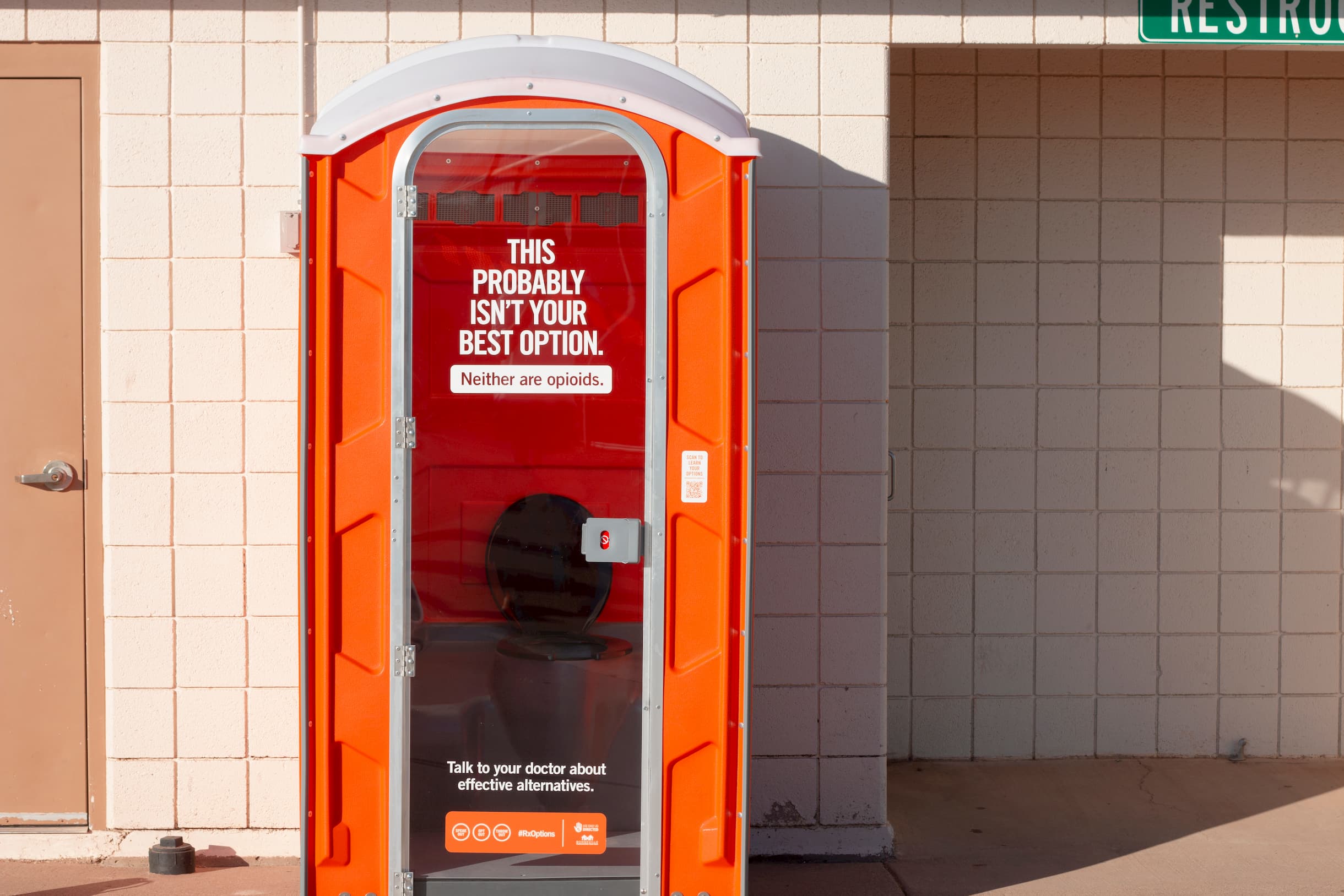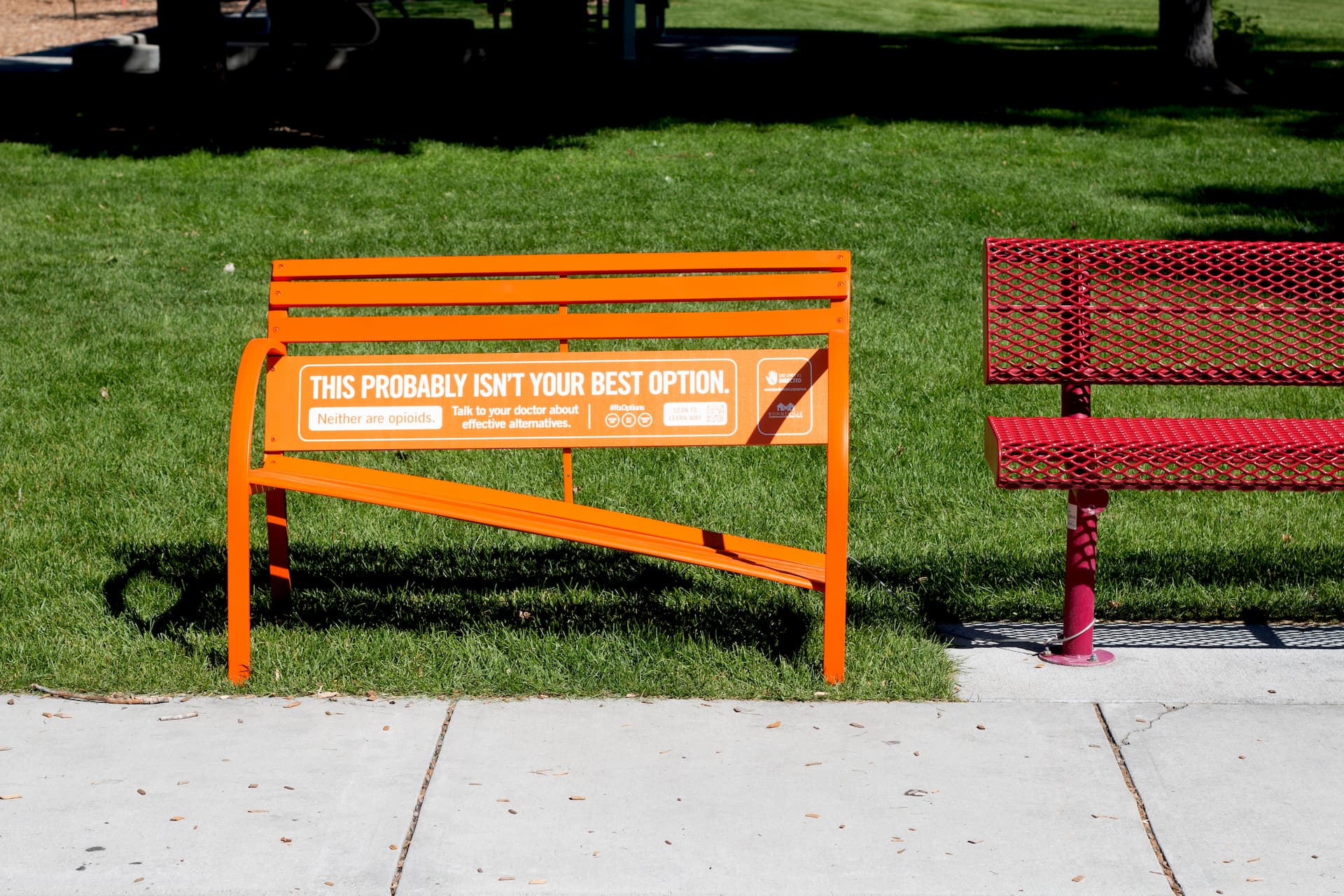This probably isn't your best option.











It’s time to re-think pain management.
Did you know there are only two situations where opioids are the CDC-recommended option for treating pain? End of life care and cancer. In most cases, alternative treatment options work better than opioids and have fewer risks and side effects. Opt out and speak up—talk to your doctor about the best option for you.
Over-the-counter Painkillers
It might surprise you, but a combination of acetaminophen (Tylenol®) and ibuprofen (Advil®) can actually be more effective at treating pain than opioids.
Yoga
Yoga has been shown to reduce pain and improve the lives of many suffering chronic pain conditions.
Meditation
The success of meditation as a treatment for chronic pain has been proven in clinical trials. It may help you too.
Physical therapy
From massage to movement therapy to microcurrent stimulation, physical therapy works to relieve pain through tailored treatment plans.
Your best option starts with a conversation.
Talk to your doctor or dentist about the risks associated with opioids and effective alternatives for your situation.
- Am I at risk for addiction?
- Will something else work?
- How long will I be taking it?
- Are you prescribing the lowest possible dose?
- What’s the plan to taper me off?

Your voice matters.
It starts with a conversation with your doctor or health care provider on how best to manage your pain. You can follow the hashtag #RxOptions to see what people in your community are doing to promote opioid alternatives.